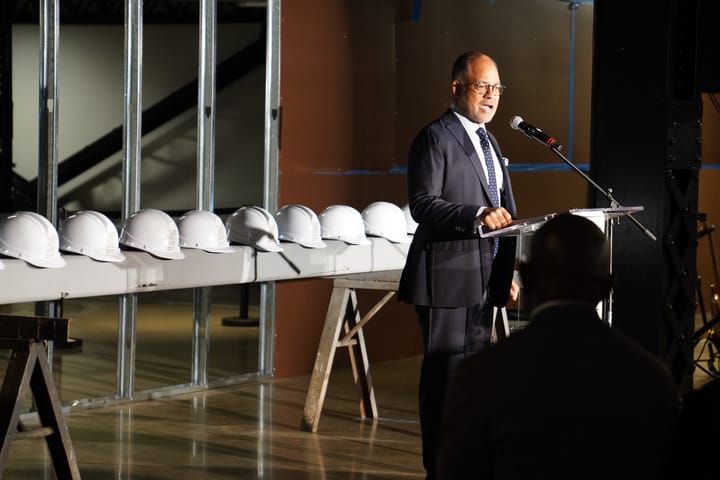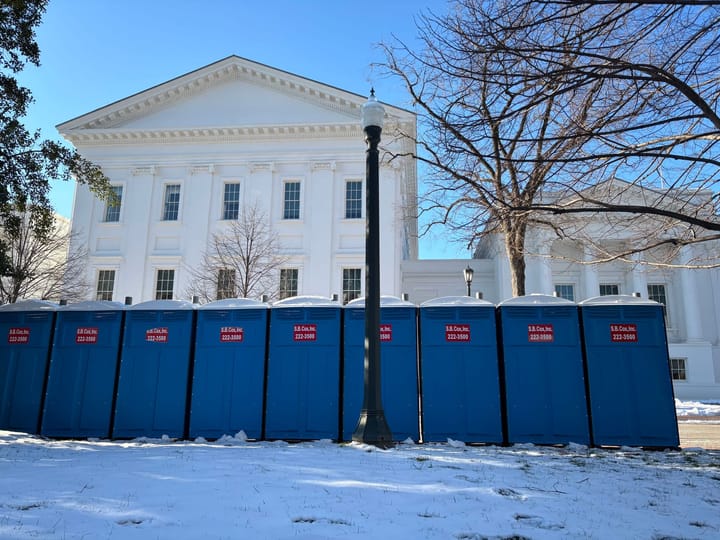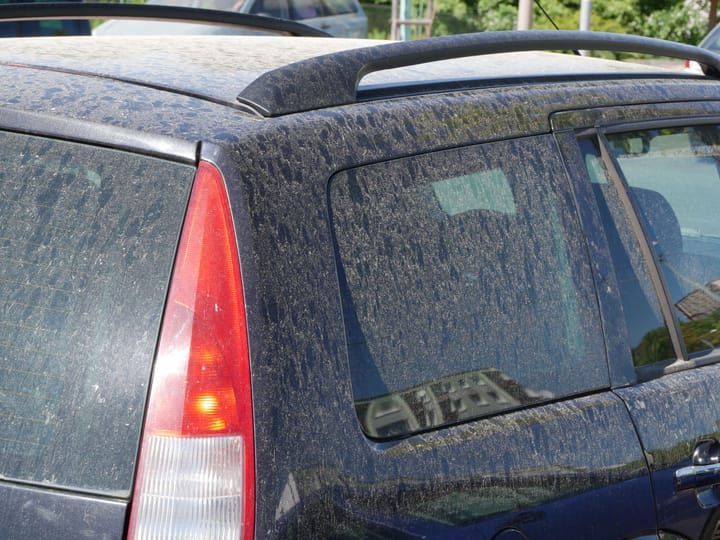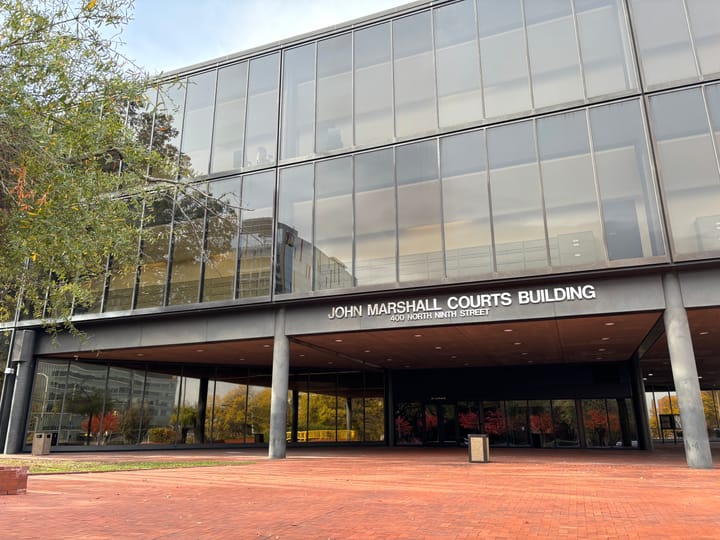Problems multiply for South Richmond affordable housing development amid lawsuits, withdrawn city support
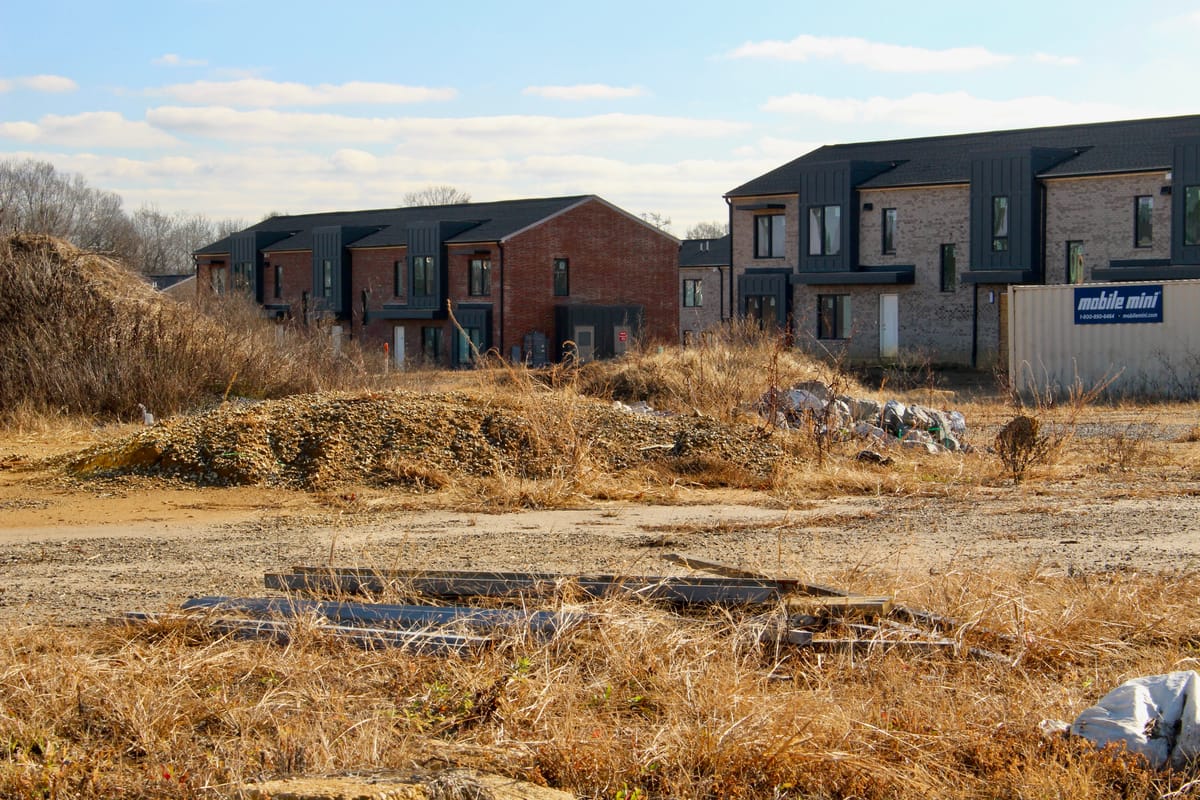
A South Richmond development that promised to add 264 affordable housing units near Bellemeade Road remains stalled as lawsuits against developer Dakota Partners continue to pile up and the city withdraws $500,000 in planned support.
“We don’t want to see that sit half-finished, but that doesn’t mean we’re going to work with or excuse if individuals have not lived up to their prior agreements to receive city funds,” Chief Administrative Officer Lincoln Saunders told City Council Dec. 9 before a unanimous vote to redirect the funding elsewhere.
Eighth District Councilor Reva Trammell described the situation as a “disaster.”
“It’s a damn shame that those apartments have been sitting vacant for over a year,” she said.
The Brady Square project has been in development by the Massachusetts-based Dakota Partners since 2018, with a four-phase construction schedule that began in 2022.
Plans called for an array of two-story residential buildings with one-, two- and three-bedroom units throughout the 14.4-acre parcel bounded by Brady Street to the north and Lynhaven Avenue to the west. A community building would also be constructed, and all of the units were intended to be affordable: In 2020, Dakota said they would be accessible to people “earning up to 30%, 50%, and 60% of area median household income,” which in Richmond that year was roughly $51,000.
While much of the financing for the $55 million project came from private sources, including Boston Financial and Chase, Brady Square also got some public support. Richmond put $1.2 million toward the first phase of the project, while Virginia Housing, the state housing development authority, said they had issued two construction loans in the amount of $12.1 million.
But the project ran into trouble in late 2023, when contractors at the site said Brady stopped paying them for materials they had supplied and work they had done, leading many to walk off the job.
“I’ve got asphalt in the ground they haven’t paid for. I’ve got stone in the ground they haven’t paid for,” said Travis Whaley, the owner of Whaley Excavating, who said Dakota owes him roughly $800,000. “Somebody would lock me up if I didn’t pay them. …I don’t understand what’s going on.”
As the months have passed, numerous contractors have filed mechanic’s liens against the Brady Square property as well as breach of contract lawsuits against Dakota in an effort to recoup their losses.
“I just wish they’d pay all the vendors and subcontractors they owe and we can all move on,” said Whaley. “I ain’t bashing anybody. I just want to get paid.”
Dakota Partners did not respond to questions about the status of the project or the contractors’ payments. Reached by phone earlier this week, co-founder and CEO Marc Daigle said he was going into a meeting about the Brady Square project and would return The Richmonder’s call. Neither he nor Dakota responded to later attempts to reach them.
In May, Dakota told news outlet WRIC that the company had “experienced significant COVID-related cost overruns and material procurement issues resulting in funding shortfalls and project delays.”
Merrick Malone, director of housing and community development for the city, said that “when any development project gets into trouble, the lenders get together and they talk with the developer, and there have to be some decisions made going forward.”
“The determining factor of how this is going to proceed is going to be made by the larger lenders,” he continued.
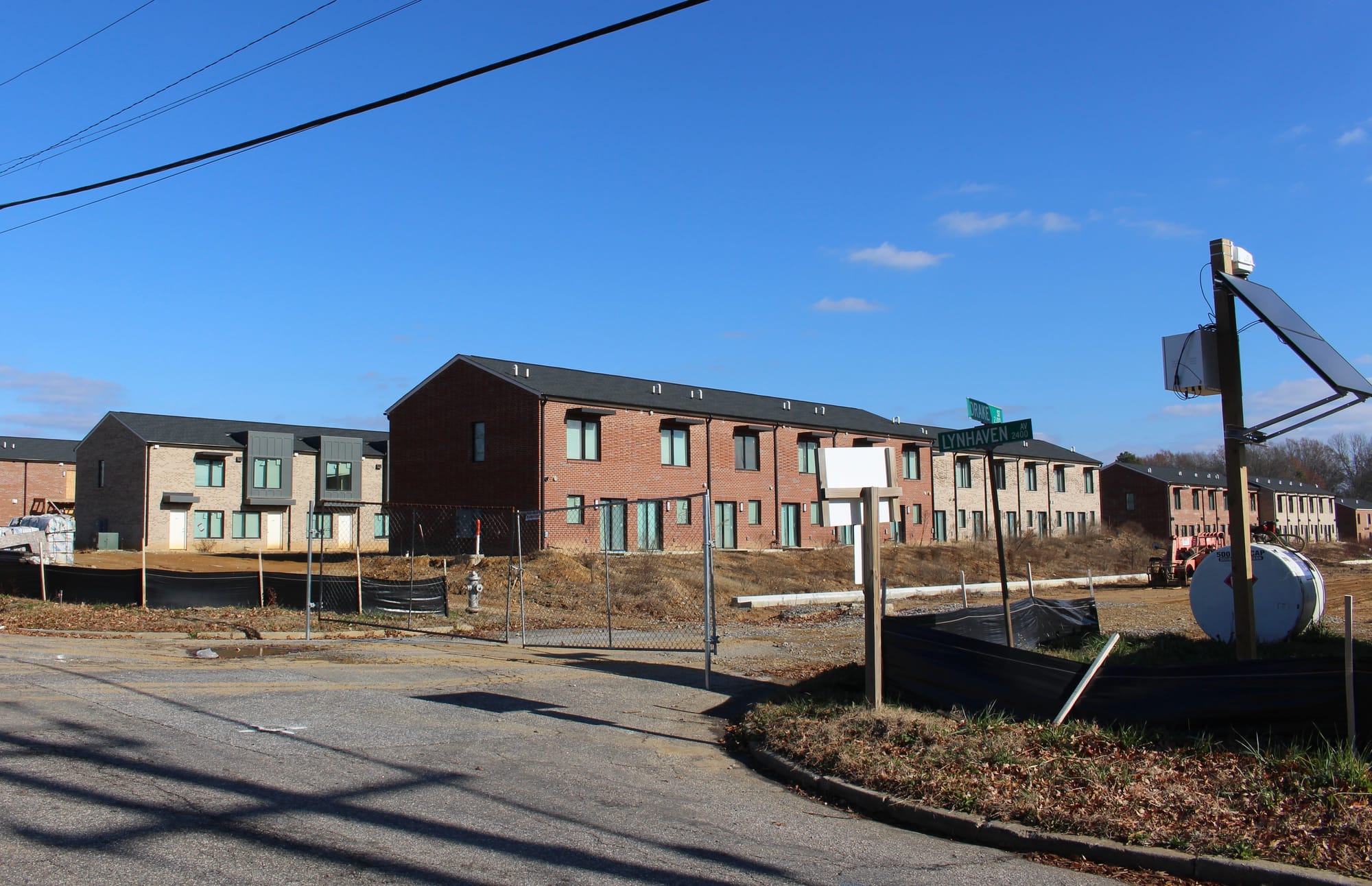
A recent visit by The Richmonder to the site showed rows and rows of vacant and partially completed units behind a low fence of black plastic. Two private security vehicles were parked in an adjacent lot. While several contractors said Dakota had reached out to them this fall asking for quotes on what it would cost to restart work, there were no signs of activity on the parcel. Trammell has said the site has been hit by vandalism since work stopped.
Dakota isn’t a newcomer to the affordable housing industry. The company has completed more than a dozen developments and redevelopments, largely in New England, that have produced over 1,400 units. But steeply rising costs after the COVID-19 pandemic may be jeopardizing some of its plans: This July, the company pulled out of a planned 98-unit affordable housing project in Concord, Massachusetts, saying it was “getting figures back that made the project difficult from a financial perspective.”
In Richmond, Saunders left the door open to the possibility that the city could provide more financial aid to get the partly finished Brady Square project across the finish line if the situation changes.
“If a new developer ends up having to take over that project to complete it so that it can continue to build housing, the city may at that time entertain future support, but not under the current circumstances, not with the current development team,” he said.


